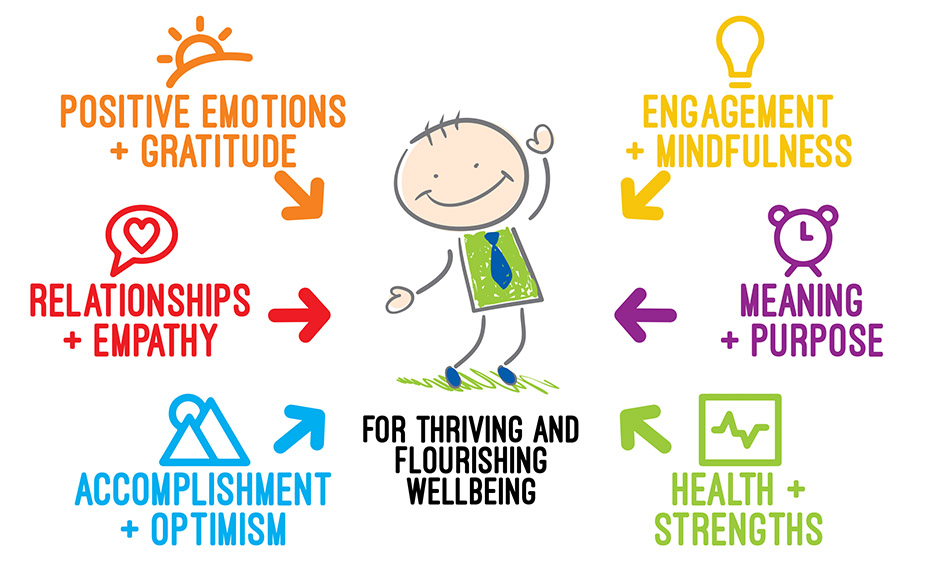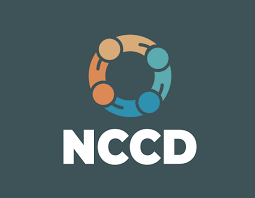Wellbeing
Josy Reeder

Wellbeing
Josy Reeder
Developing Skills and Competencies
Positive Education involves intentionally and explicitly teaching young people how to develop the skills and competencies to grow their brain’s abilities, called the cognitive domain while at the same time teaching them how to acquire the skills of social emotional resilience, called the non-cognitive domain so that they can live a fulfilling and meaningful life.
Click here for a weekly parent newsletter item on the Big Five


As a parent, guardian or carer, what do I need to know?


The Nationally Consistent Collection of Data (NCCD) on School Students who require adjustments to their learning is a yearly count of students by all Australian schools across the country. The aim of the NCCD is to provide the Australian Government with information about the number of students who require support and adjustments in Australian schools and the type of adjustments they need in order to access and participate in education on the same basis as other students. From 2018, the NCCD will be used by the Australian Government to inform funding for schools, known as the ‘student with disability loading’.
If you are a parent, guardian or carer of a child who requires ongoing adjustments at school, a teacher or another school staff member will consult with you to understand your child’s needs. This collaborative approach ensures the most appropriate adjustments are chosen to support your child’s learning and participation at school. In some cases, a personal learning plan (PLP) may be developed to document specific educational goals and to review your child’s progress over time.
If your child has a requires adjustments, , your child’s school will provide information about them for the NCCD, including:
While it is not possible for schools or families to ‘opt out’ of the NCCD, the privacy and confidentiality of all students and their families is treated with utmost importance. Data is collected within each school, and personal details, such as student names and other identifying information, are not provided to local or federal education authorities.
Click here for a fact sheet for parents ,guardians and carers
Josy Reeder
Learning Diversity/Wellbeing Leader